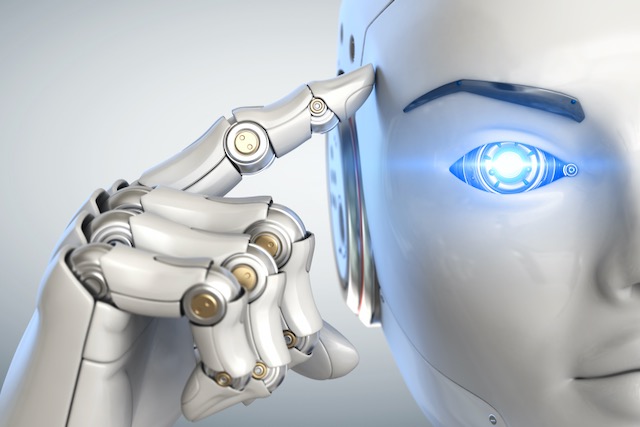By Mr Amadu Bah, Copyright and Related Rights Officer, ARIPO
This article briefly analyses the evolution of the copyright management systems and to some extent how machines such as artificial intelligence (AI) are competing with humans to create copyright and related rights works. The article was published in the African Journal of Intellectual Property, ISSN: 2520-3304.
Since the emergence of the copyright management systems in the seventeenth century in France until the 1990s, copyright protection was to ensure that right holders benefit from the use of their works by third parties. These include legitimate entities, theatres, broadcasting organisations, to name a few. It was also meant to protect the rights holders from unauthorised use.
Copyright exploitation was mainly based on physical reproduction of copyright works, which were to some extent not too complex or difficult to monitor or manage. However, it is evident that digital technologies including the internet have and continue to be vital platforms for the delivery of digital content such as movies, music, books, news, and software. Most importantly, the global reach of the internet enables digital content to be instantaneously delivered to any part of the world. This means that many of the barriers associated with the exchange of physical content products such as costly transportation and import tariffs are significantly reduced or eliminated. It also underscores the importance of copyright as an incentive mechanism for the creation and dissemination of digital content. The way copyright is reproduced, distributed and accessed is quite different from what it was in the last century.
The emerging and ever changing disruptive technologies such as artificial intelligence and blockchain in the recent years have had an impact on the collective management of rights in the digital environment. The legal regime, at the international level seems to be lagging behind as most of these developments came after the adoption of the Internet Treaties (WIPO Copyright Treaty, WIPO Performers Treaty and WIPO Beijing Treaty,) This, in a way has created various challenges that have to be addressed especially since the technologies seem to deal more with the creation and usage of the works and disrupt the copyright system.
These technologies have brought in their wake ethical, commercial and economic issues which have to be addressed by policy making and rethinking through the fundamental principles of IP. Of particular interest is how these technologies are impacting on the copyright management system.
To continue reading this article, visit the African Journal of Intellectual Property, ISSN: 2520-3304. To access all articles in the Journal is USD$ and a single article USD$2. The Journal is published by ARIPO and the Africa University in Zimbabwe. Click here to read the article http://ajip.aripo.org/journal/african-journal-of-intellectual-property_1605800166_2020

